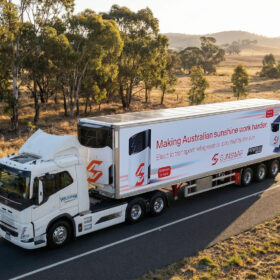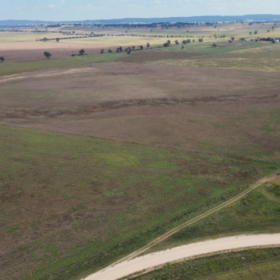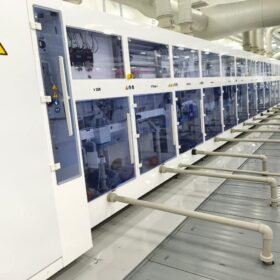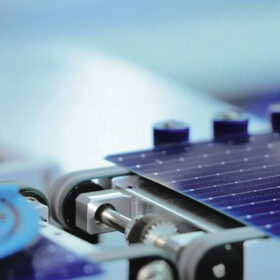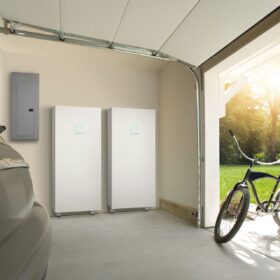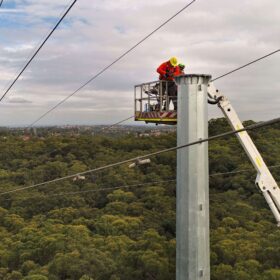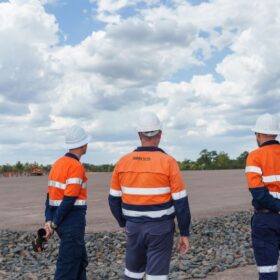Trucking company tests solar-powered refrigerated trailer on Australian roads
With demand for low- or zero-emission logistics ratcheting up, cold-chain transport specialist Protran Solutions says a refrigerated trailer operating entirely on battery-electric power charged by solar has successfully completed a more than 1,600-kilometre trial run along Australia’s east coast.
Flow Power adds solar and battery project to development pipeline
Victoria-headquartered renewables developer and electricity retailer Flow Power has added another solar and battery project to its portfolio with the acquisition of the Dunedoo Energy Project planned for central west New South Wales.
Premier Energies unveils zero-busbar TOPCon solar cell
Premier Energies has unveiled India’s first zero-busbar TOPCon solar cell, a design that marks a structural shift from traditional 10 and 16 busbar architectures, replacing thick silver busbars with a dense matrix of ultra-fine silver lines to collect current.
JinkoSolar achieves record-breaking 26.66% efficiency for TOPCon solar cell based on M10-size wafer
The Chinese manufacturer claims the new efficiency result sets a world record for industrial-scale TOPCon solar cells on M10-size wafers. The achievement was verified by an undisclosed independent third-party organisation in China.
Regulator ramps up inspections as solar battery installations surge
Solar battery installers have been warned to “do it once and do it well” as the number of batteries installed across Australia under the federal government’s Cheaper Home Batteries Program surges past the 250,000 milestone, delivering a combined 6.3 GWh of capacity.
Construction begins on Hunter REZ transmission project
Construction has officially commenced on a network upgrade in the New South Wales Upper Hunter that is to boost transfer capacity in the region by at least 1 GW by 2028 in support of the state’s renewable energy transition.
Growatt debuts high-voltage battery for residential, small C&I solar
The APX HV Battery 2.0 supports 5–30 kWh capacities and up to 15 kW of output. The IP66-rated system features a stacked, cable-free design.
Scientists build near-white HJT solar cell for BIPV applications
The lab-scale, near-white heterojunction solar cell uses nanoclay-based scattering layers combined with dielectric multilayer films to preserve power conversion efficiency while enhancing visual appeal. The researchers report optical losses of less than 1% at a 50% clay volume fraction, which are significantly lower than those observed with textured glass.
Printed solar manufacturer lands $2.15 million grant
Kardinia Energy has received a federal grant worth $2.15 million to help scale production of its Newcastle-based printed solar technology.
CER projects up to 12 GWh capacity from 520,000 home batteries in 2026
In 2026, the Clean Energy Regulator forecasts that up to 12 GWh of storage from a potential 520,000 residential battery installations will occur, and rooftop solar will rebound from 2.7 GW in 2025 to between 3-3.37 GW.
